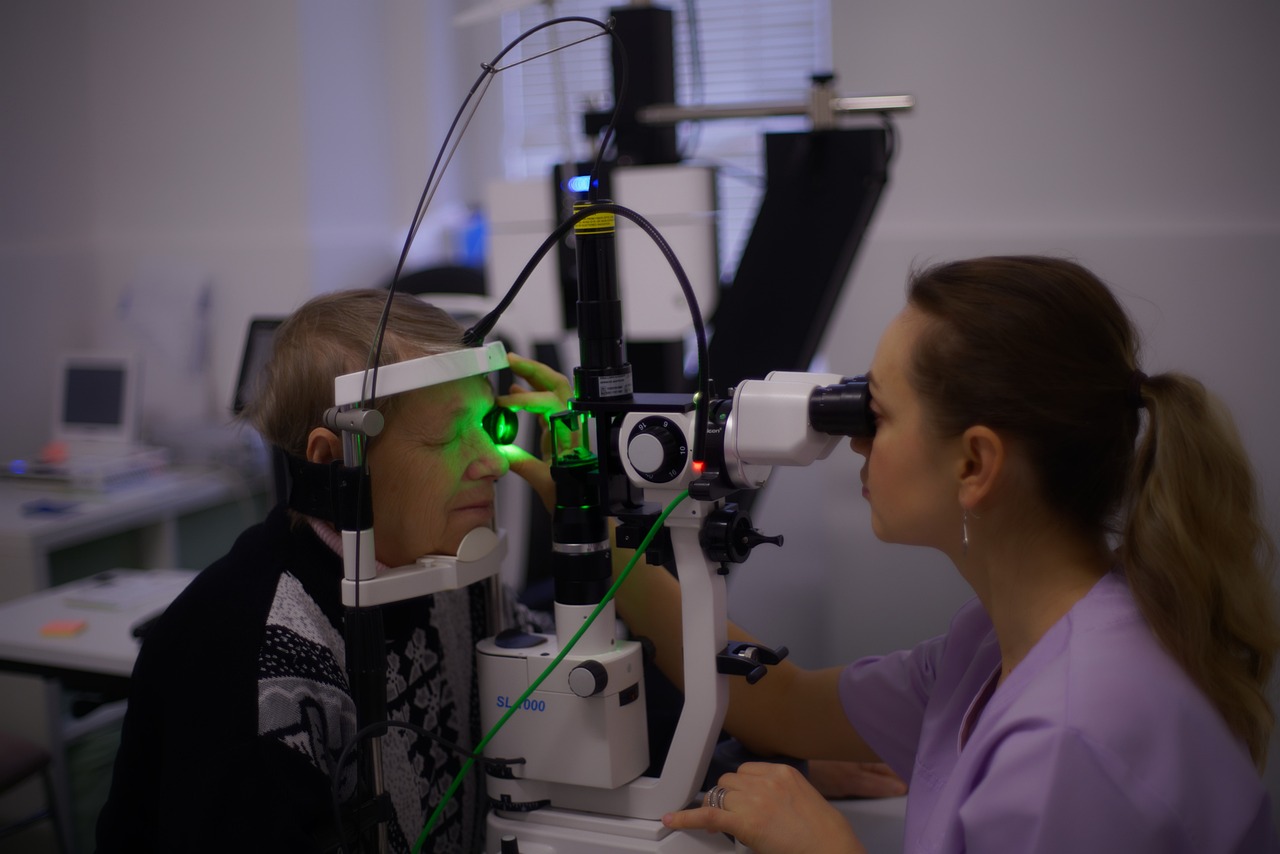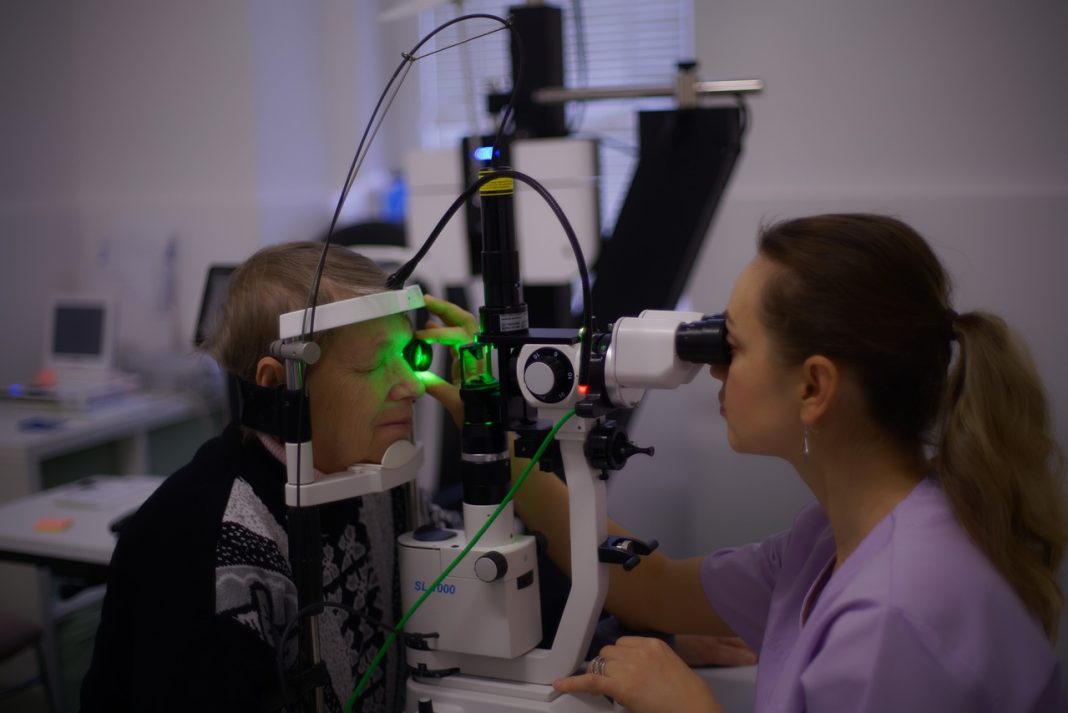
Chronic hives, also known as chronic urticaria, is a condition that affects millions of people worldwide. It is characterized by the appearance of itchy, red, and raised welts on the skin that can last for weeks or even months. Coping with chronic hives can be challenging, as the symptoms can be uncomfortable and debilitating. However, there are strategies and solutions that can help manage this condition and improve quality of life. In this article, we will explore some of these coping mechanisms and provide insights into how individuals can effectively manage chronic hives.
1. Understanding Chronic Hives: Causes, Symptoms, and Diagnosis
Chronic hives, also known as chronic urticaria, is a skin condition characterized by the appearance of itchy, red, and swollen welts or bumps on the skin that last for more than six weeks. The condition can be uncomfortable and distressing, affecting one’s quality of life.
The exact causes of chronic hives are not well understood, but it is believed to be an autoimmune disorder, where the body’s immune system mistakenly attacks healthy tissues in the skin, resulting in the release of histamine and other chemicals that cause inflammation and itching. Other factors that may trigger chronic hives include certain medications, infections, stress, and environmental factors such as heat, cold, or pressure. A proper diagnosis of chronic hives involves a thorough physical examination, medical history review, and allergy testing to rule out other underlying conditions.
2. Coping with Chronic Hives: Lifestyle Changes and Medical Treatments
Living with chronic hives can be frustrating and uncomfortable. However, there are several lifestyle changes that can help manage the symptoms of chronic hives. These changes include avoiding triggers such as stress, heat, alcohol, and certain foods. It is also important to maintain a healthy diet, exercise regularly, and get enough sleep. These lifestyle changes can improve overall health and reduce the frequency and severity of hives outbreaks.
In addition to lifestyle changes, medical treatments can also be effective in managing chronic hives. Antihistamines are the most commonly prescribed medication for hives and can help reduce itching and swelling. In more severe cases, corticosteroids may be prescribed to reduce inflammation. Other treatments include omalizumab, a medication that targets the immune system, and phototherapy, a treatment that uses UV light to reduce inflammation. It is important to work with a healthcare provider to determine the best treatment plan for managing chronic hives.
3. Finding Relief: Alternative Therapies and Support Resources for Chronic Hives
There are several alternative therapies and support resources available for individuals experiencing chronic hives. These options can provide relief and help manage symptoms.
One alternative therapy is acupuncture. This traditional Chinese medicine practice involves the insertion of thin needles into specific points on the body to stimulate energy flow and promote healing. Acupuncture has been shown to reduce inflammation and improve immune function, which can be beneficial for individuals with chronic hives. Other alternative therapies that may be helpful include herbal supplements, homeopathy, and massage therapy. It is important to discuss any alternative therapies with a healthcare provider before trying them, as they may have potential side effects or interactions with other medications.
In addition to alternative therapies, there are also several support resources available for individuals with chronic hives. Online support groups and forums can provide a sense of community and connection with others experiencing similar symptoms. It is also important to work with a healthcare provider to develop a treatment plan and manage any underlying conditions that may be contributing to the hives. In some cases, therapy or counseling may be helpful in managing the emotional and psychological impact of chronic hives. With the right combination of therapies and support, individuals with chronic hives can find relief and improve their quality of life. In conclusion, coping with chronic hives can be challenging, but with the right strategies and solutions, it is possible to manage and reduce symptoms. It is important to work closely with a healthcare provider to identify triggers and develop a personalized treatment plan. Additionally, incorporating stress-reducing techniques, such as meditation and exercise, can also be beneficial. Remember, chronic hives may require ongoing management, but with persistence and patience, it is possible to achieve relief and improve your quality of life.








